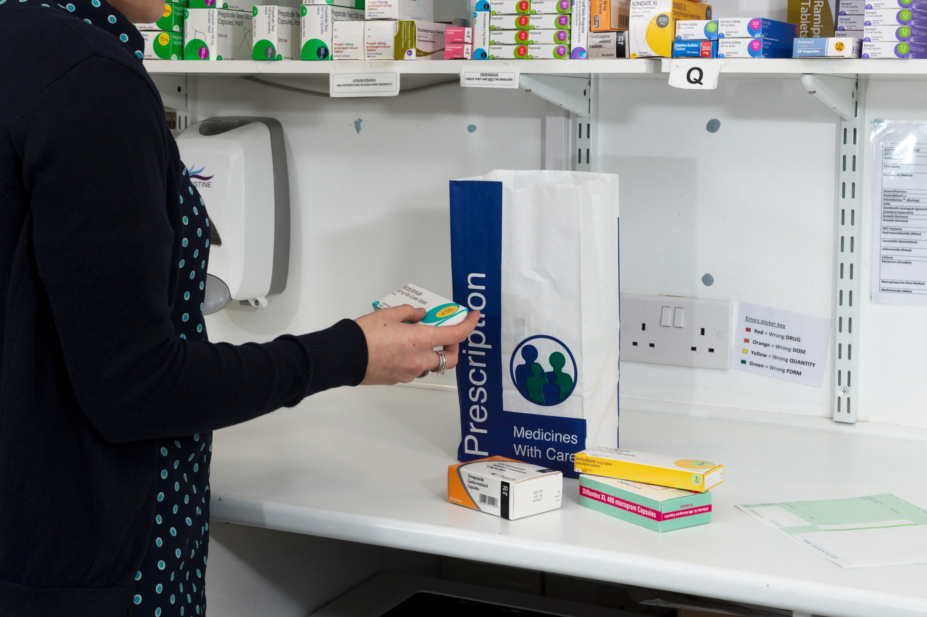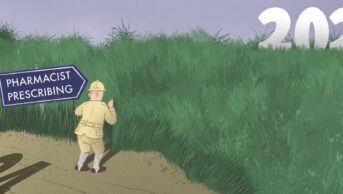
Clynt Garnham Medical / Alamy Stock Photo
The proportion of pharmacist independent prescribers who say they prescribe on a daily basis has fallen since 2019, according to findings from The Pharmaceutical Journal’s 2020 salary and job satisfaction survey.
This is despite an increase in the number of independent prescriber (IP) respondents in this year’s survey.
In 2020, 29% of respondents said that they were independent prescribers — but just 44% of those said they prescribed every day. In 2019, 23% of respondents were IPs, with 51% reporting that they prescribed on a daily basis.
There was also a rise in pharmacist IPs who said they had never prescribed: 13% of 2020 respondents said this, compared to 10% in 2019.
Figures provided to The Pharmaceutical Journal by the General Pharmaceutical Council (GPhC) showed that, as of 21 October 2020, out of 57,308 pharmacists on the GPhC’s register, 10,571 (18%) were recorded as having independent prescribing qualifications.
Upcoming reforms to pharmacy initial education and training aim to increase the pool of pharmacist IPs in the future. A mandatory national pharmacy foundation programme, due to begin in summer 2021, will eventually include IP training. This means that, on completion of the foundation programme, pharmacists would be IPs when they join the pharmacy register. However, this will only apply to those yet to begin the MPharm and not to current students.
The GPhC has said that existing, separate independent prescribing courses for registered pharmacists “will remain in place for the foreseeable future”.
The Scottish government announced that, beginning in September 2021, fully-funded IP training will be given to all pharmacists who complete the NHS Education for Scotland pharmacy foundation training programme.
Wales has also recently announced funding for more pharmacists to train as IPs, as part of an £18.3m, three-year funding settlement.
Sandra Gidley, president of the Royal Pharmaceutical Society, said that the COVID-19 pandemic “has had a significant impact on pharmacy practice and has changed the way many of us work. We have seen more pharmacists prescribing medicines — mainly in secondary care, care homes and GP practices — through pathways created for primary care networks.”
“We are always keen to see greater opportunities for pharmacists to become independent prescribers through education in the future. The fact the government wants to see more pharmacists prescribing is a good sign.
“Published last year, our competency framework for designated prescribing practitioners is designed to help train safe and effective independent prescribers and we want to see these services fully commissioned.”
You may also be interested in

A prescribing service for England’s pharmacies: everything you need to know

Electronic prescribing system for pharmacy pathfinder programme should be ready from spring 2024, says IT provider
